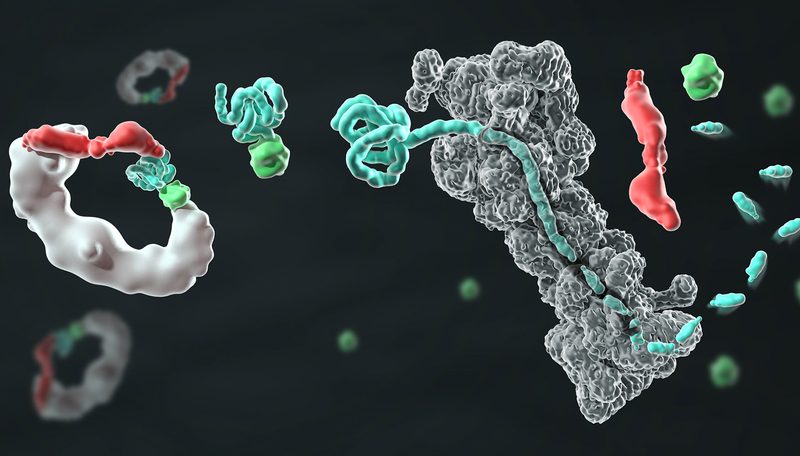Just in time for the holiday season, Arvinas’ lead protein degraders delivered promising early results in patients with hard-to-treat breast or prostate cancer. As the company continues those phase 1 trials, it’s gearing up for new trials in 2021, including dose-expansion and combination studies.
Arvinas’ stock more than doubled on the news Monday morning, jumping as high as $69.46 from Friday’s closing price of $29.93.
Arvinas is testing its prostate cancer treatment, ARV-110, in patients whose cancer has spread despite trying a median of five prior treatments. Three-quarters of the patients had undergone chemotherapy, and 82% had received the prostate cancer meds Johnson & Johnson’s Zytiga and Pfizer’s Xtandi. The patients’ tumors had a variety of genetic makeups, and most of the patients did not have an androgen receptor (AR) mutation, so Arvinas did not expect their tumors to respond to the drug.
ARV-110, an AR degrader, did particularly well in a small group of patients with specific AR mutations, reducing prostate-specific antigen (PSA) levels by at least 50% in two out of five patients (40%).
The response is encouraging because both patients had previously tried almost all available treatments, including mainstay anti-androgen drugs such as Xtandi and Zytiga as well as chemotherapy and Bayer’s radiation therapy Xofigo, Arvinas’ chief medical officer Ron Peck, M.D., said in a previous interview.
The treatment also showed signs of efficacy in patients with wild-type, or normal, ARs, reducing blood PSA levels by at least 50% in two of 15 patients (13%). Arvinas has kicked off a phase 2 dose expansion study as part of its two-pronged development strategy for these patient groups.
The dose-expansion trial will test a daily dose of 420 mg in about 100 patients with T878 or H875 mutations in the AR. Arvinas expects to report interim data in the second half of 2021 and hopes to file for a speedy approval in this patient group. It also plans to report full data from the phase 1 study and start a phase 1b trial combining ARV-110 with the standard of care next year.
ARV-110 is the lead candidate from Arvinas’ proteolysis-targeting chimera (PROTAC) platform. It capitalizes on the natural mechanism human cells use to dispose of unneeded or damaged proteins. In this process, a protein called E3 ubiquitin ligase tags target proteins with a molecule called ubiquitin for degradation by proteasomes. A PROTAC small-molecule drug contains one region that binds to a disease-causing protein and another that binds to E3 ubiquitin ligase. The two parts are joined by a linker that’s critical to the drug’s function.
As for the company’s breast cancer program, the estrogen receptor (ER) degrader curbed tumor growth in five of 12 patients (42%) with ER-positive, HER2-negative breast cancer that had spread locally or elsewhere in the body. Of those five patients, one saw their tumor shrink enough to be considered a responder. Another two had tumor shrinkage, too, but these responses need to be confirmed. These data come from 12 patients who had enough follow-up to be evaluated, but the study has treated 21 patients with at least one cycle of AR-471.
Like the patients in the prostate cancer trial, the breast cancer patients were heavily pretreated, having undergone at least five prior treatments. All 21 patients had tried a CDK4/6 inhibitor, and nearly three-quarters of them had received AstraZeneca’s breast cancer med Faslodex.
Arvinas will start a phase 1b combination trial with Pfizer’s CDK4/6 inhibitor Ibrance by the end of the year and kick off a phase 2 dose expansion of ARV-471 in the first half of 2021. In the latter half of next year, the company hopes to test the drug in combination with another targeted treatment in second- and third-line breast cancer and as a treatment to be used alongside breast surgery.

